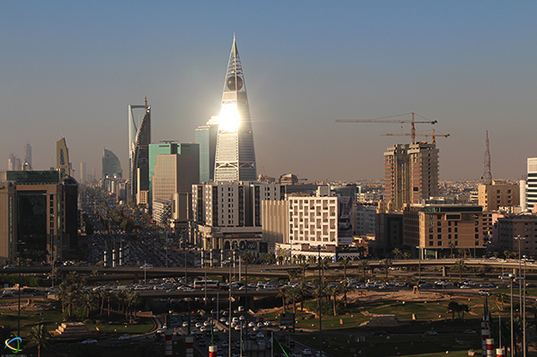In a report for the Brookings Center in Doha, F. Gregory Gause tackles the question: why have Gulf Monarchies showed staying power during the Arab Spring?
The Gulf monarchies that “have been written off for decades as anachronisms” have outlasted many of their republican neighbors, Gause argues, because a combination of “hydrocarbon wealth and coalitions of domestic and international allies – their basic sources of strength – remain intact.”

In Kings for All Seasons: How the Middle East Monarchies Survived the Arab Spring, F. Gregory Gause writes:
“These regimes are basically stable. Those who predict the imminent fall of the Arab monarchies point to real contradictions and problems within these monarchial systems. They fail, however, to demonstrate how these challenges actually translate to regime collapse. Every generation since World War II has heard predictions that Saudi Arabia is not long for this world. The latest round of obituaries seems inspired by the Arab uprisings, but the problems analysts identify were around long before 2011; if the monarchies were primed to fall, why ont at the height of regional instability? Even the Bahraini monarchy, which was genuinely shaken by popular mobilization, managed to survive.”
(The report is available in both English and Arabic.)
For more from F. Gregory Gause, our partner site, SUSRIS.com, has several interviews and conversations with the regional expert:
Transition in the Kingdom: A Conversation with F. Gregory Gause (June ’12)
Confronting a “New Middle East”: A Conversation with F. Gregory Gause (February ‘12)









